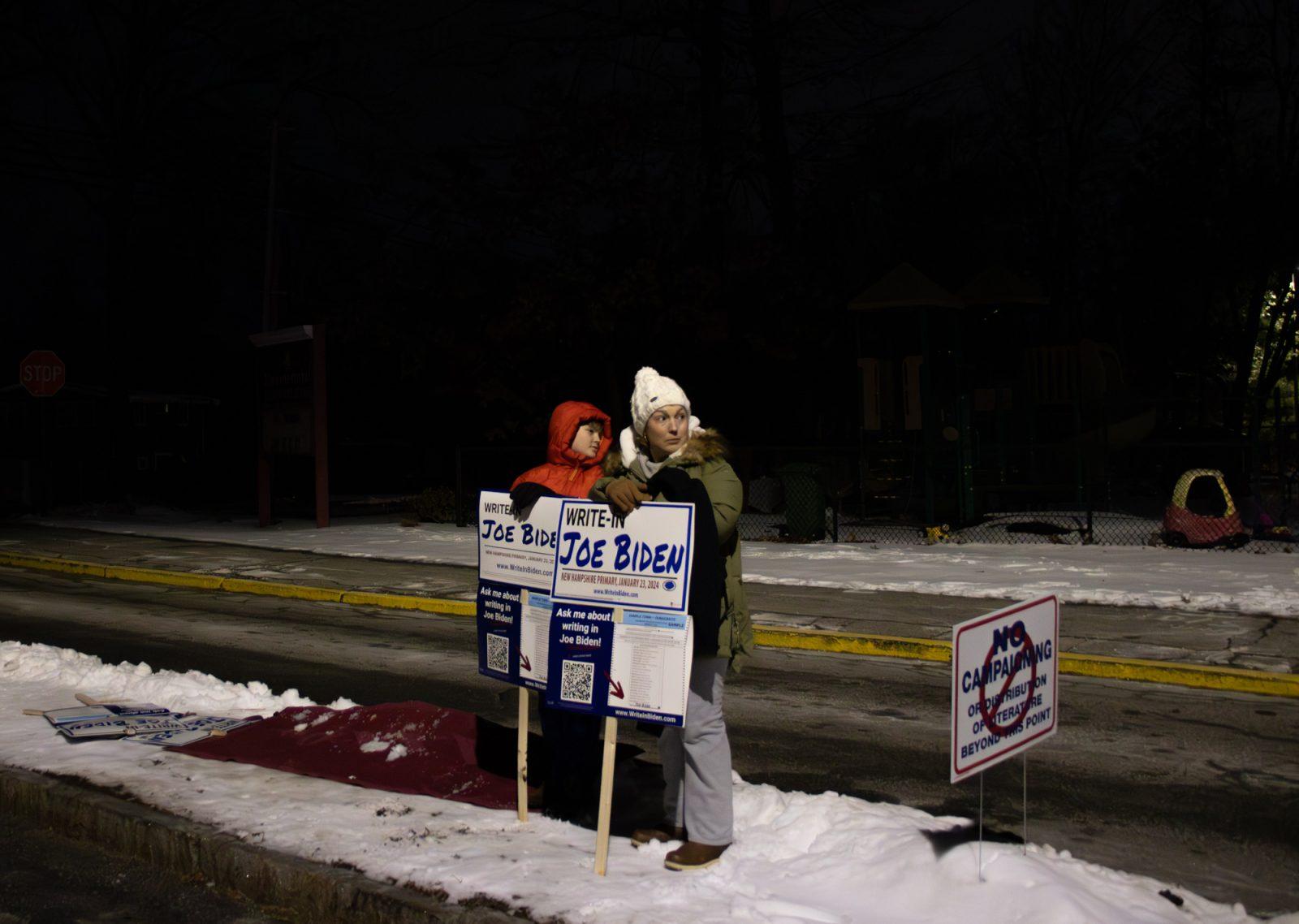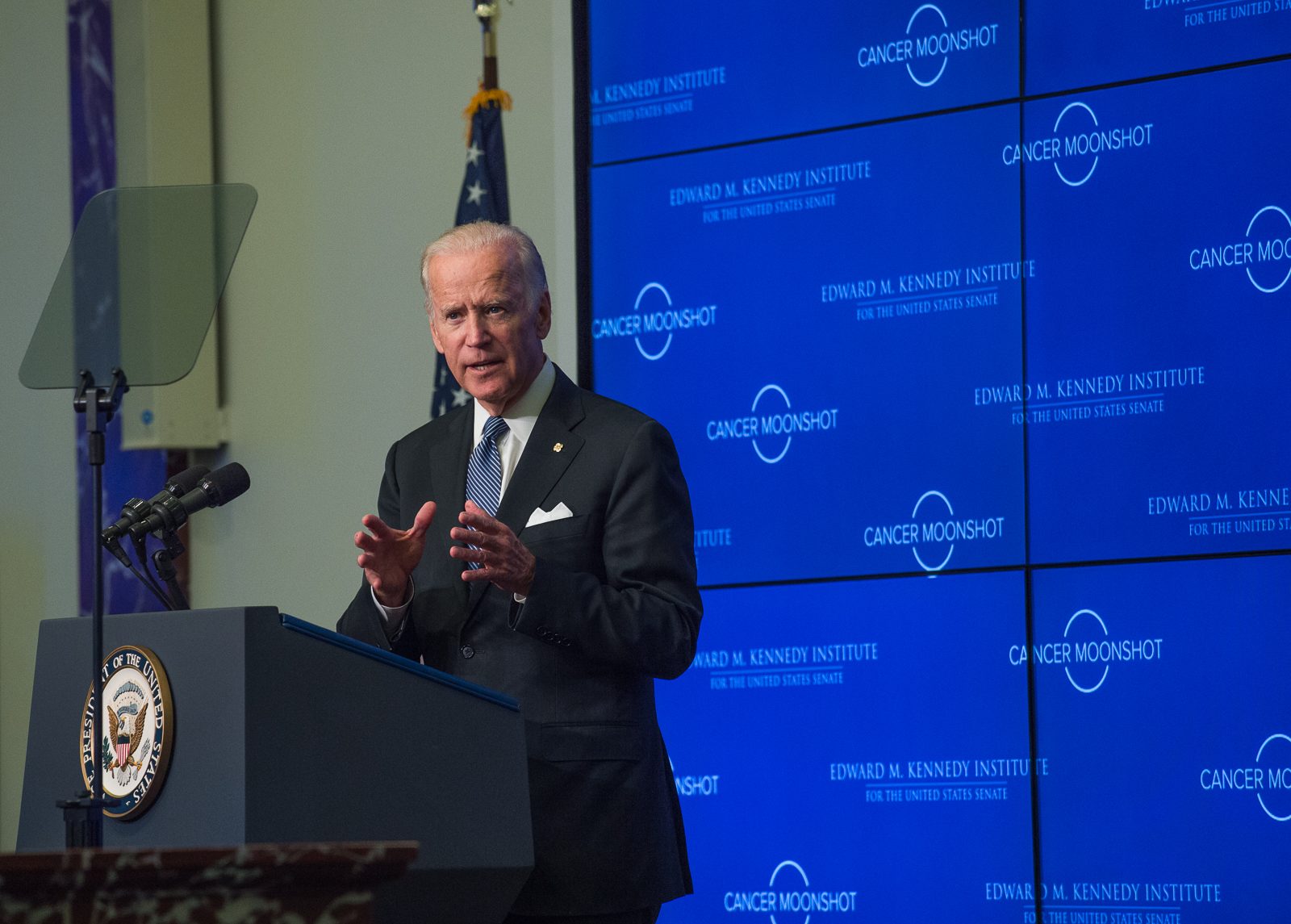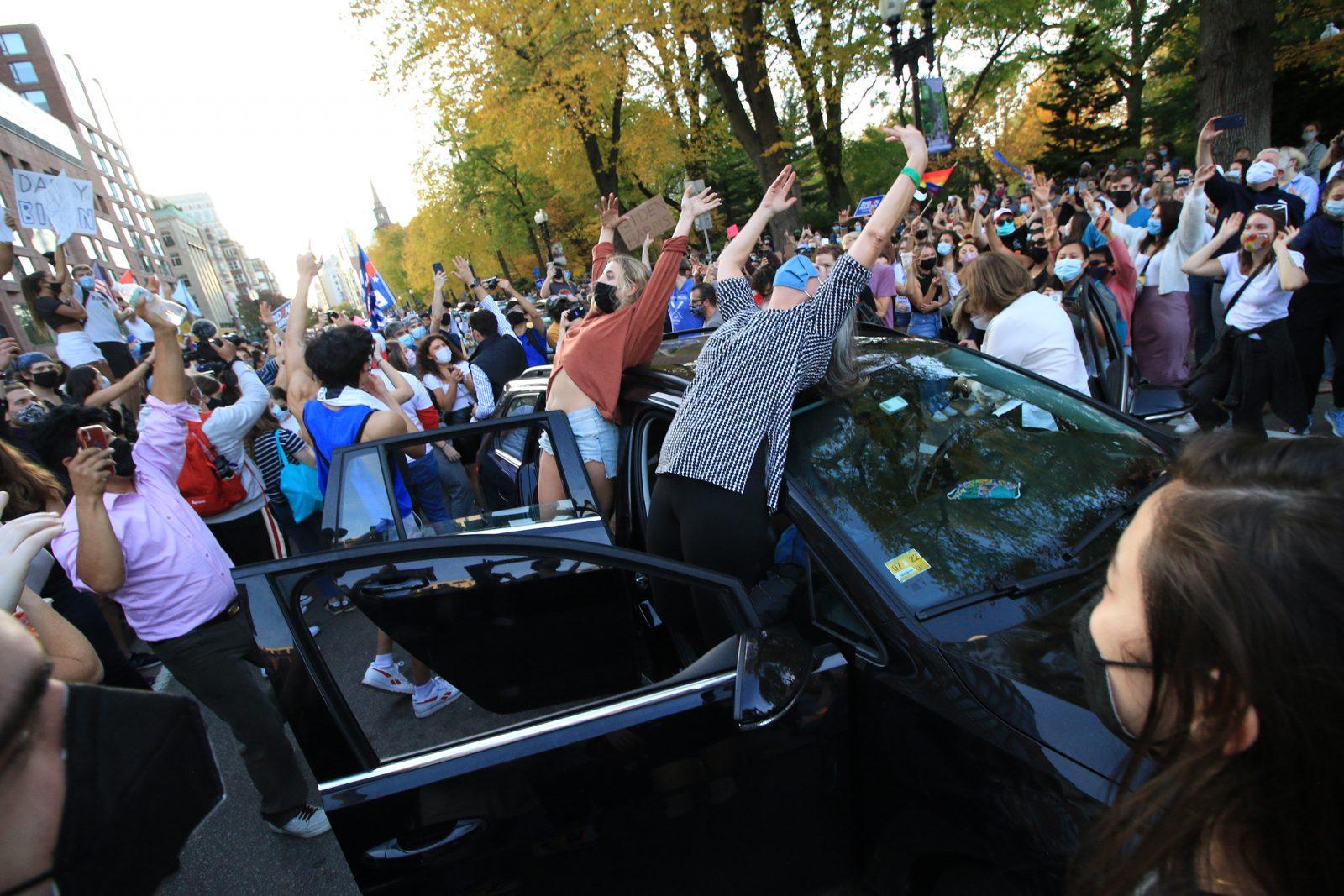The Israeli government has begun a citizen diplomacy campaign to improve Israel’s global image, prompting approval from Jewish faculty and students at Boston University.
The campaign, announced on Feb. 17, was initiated after the ministry surveyed 600,000 Israeli citizens and discovered that 91 percent of Israelis believe their country suffers from a negative image abroad. The same survey also revealed that 85 percent of those surveyed would be willing to take an active step in order to improve that image, said Director of Diplomacy at the Ministry for Public Diplomacy and the Diaspora Shay Attias, who orchestrated the survey.
The Ministry of Diplomacy contracted consultant firms to educate volunteers in a four-hour course, Attias said.
The program, which was launched early February, has attracted more than 200,000 volunteers who have registered to take the program online. The campaign is to be coordinated with over 80 Israeli organizations that would send Israelis to work abroad.
“We know that Israel deserves a better image in the world,” Attias said. “[Israelis] are all trying to demonstrate the gap between reality and the perceived reality of Israel.”
Attias said he believes that a program like this could be useful due to the large percentage of Israelis who travel. Three million Israelis out of 7 million travel abroad each year.
“Using your own people to communicate with the world is the most efficient way to show the world what are you exactly,” he said.
The campaign is based on unofficial means of communication rather than broad government initiatives, Attias explained.
“I’m talking about the first meeting in the airport,” he said. “I’m talking about the beer that you are going to be drinking with somebody from South America.
Attias said that the campaign will emphasize promoting Israel’s strengths, such as technological innovations and strong democracy, as well as battling negative stereotypes.
College of Arts and Sciences freshman Jasmine Freehoff, who was born in Israel, agreed there are many misconceptions about her home country.
“I was visiting here, and my cousin asked me if we have cars in Israel,” said Freehoff. “In general, all you see of Israel is shown in a very negative light.”
BU Students for Israel President Rachel Rubin said she believes Israel is often misrepresented by the media.
“Israel definitely needs to improve its image, especially on college campuses,” she said. “There is no question.
Rubin said common misconceptions range from the distinctions between the Gaza Strip and the West Bank to that Israel is in a constant state of war.
BU history professor Richard Landes, who is also a public commentator on anti-Israeli propaganda, said he believes that an active step to improving Israel’s public image is long overdue.
“I think that Israelis are now waking up to the fact that there is a delegitimization campaign going on and they haven’t done anything about it,” Landes said. He added he believes the media are heavily biased against Israel.
“It is ironic that Israel is the only country in the world that is the object of genocidal threats from countries like Iran and enemies like Hamas and Hezbollah and at the same time [is] accused of genocide,” he said.
However, while many said they believe this program will benefit Israel, BU international relations professor William Keylor said he understood how the program could possibly backfire.
“If it is perceived by the outside world as form of propaganda then it will defeat its purpose,” he said. “If it is seen as a genuine attempt to share with people in other countries the reality of life in Israel then I can’t imagine anyone would object to that.”
Arab-Israeli Peace Alliance Co-President Benjamin Kalmanowicz, a freshman in the School of Management, said no matter how the plan is perceived, it needs to be attempted.
“Enemies of Israel will always say it is propaganda, Israel’s friends will always say that it is the truth, but without trying it there is no way of promoting Israel,” he said.






















































































































